Cork Views: 'Our trip to Tanzania to see the child we sponsor'
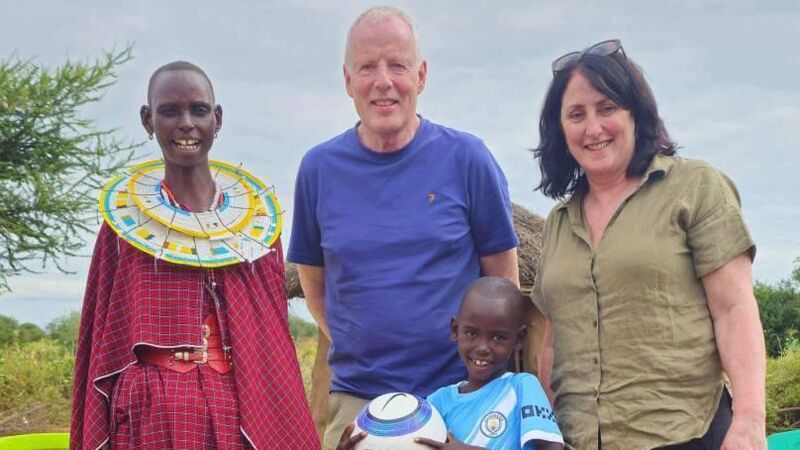
John and Fionnuala Desmond, of Inniscarra, on their visit to Tanzania, where they met Faraja, the seven-year-old boy they sponsor through World Vision Ireland, and his mother
Women and children collecting unclean water from an almost dried-up river bed, having walked up to 15km
A school with over 1,000 children, almost no toilet facilities, evidence of malnourishment in kids, clothes in very poor condition, again collecting and drinking water from an unclean river with livestock in the water upstream
Over 60 children per classroom
A medical centre catering for thousands with one doctor and two nurses. 75-80% of the diseases they deal with are water-related
Schools with classrooms in much better condition, proper toilet facilities, kids in good uniforms, clean running water, and more than anything, much happier looking children
A water project with a well, a solar-powered pumping station, piped into local communities, staffed by local personnel
A family in the local community involved in community ‘savings group’ that allowed them to extend their farm, building a new house.
Focus moved from basic needs to enterprise like bee keeping, charcoal production, sustainable tree planting, orange growing, sustainable cooking methods.
If you’d like to learn more about child sponsorship with World Vision Ireland, visit worldvision.ie or call 01 498 0800.
World Vision Ireland is a relief, development, and advocacy organisation dedicated to helping the most vulnerable children, families, and communities overcome poverty and injustice. Through its Child Sponsorship Programme, it empowers communities to create lasting change for children - ensuring access to clean water, education, healthcare, and protection.

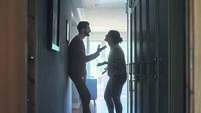
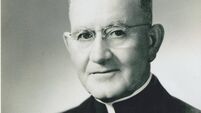

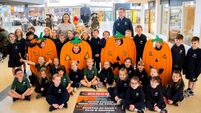
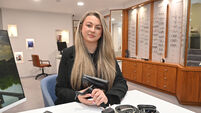
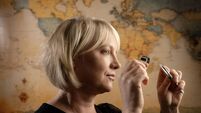
 App?
App?




